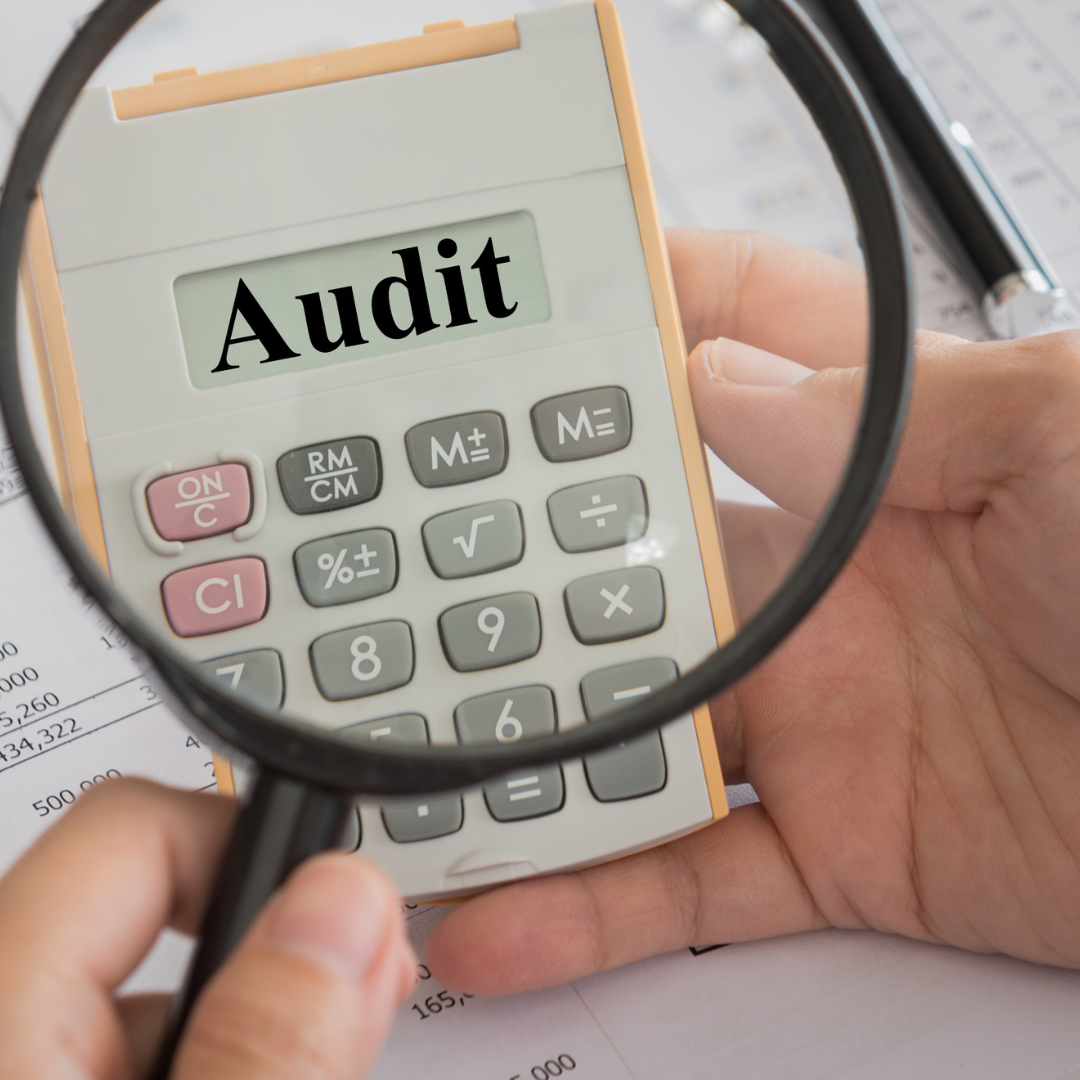
Call Today

(971) 231 - 2400
Any business or nonprofit organization that claimed the ERC can be audited. The IRS is focusing on:
Any organization that filed an ERC claim could find themselves audited
For an ERC tax credit audit, the IRS usually asks for:
Statement of facts
Payroll reports
Proof of COVID-19 restrictions or government orders
Revenue comparisons to 2019
Forms 941 or 941-X
ERC calculations
PPP info
The more complete your records, the stronger your defense.
Not necessarily. The outcome of your employee retention credit audit will determine if any portion of the refunds must be returned. This is why it’s important to seek professional help.
No. ERC IRS audits usually target specific quarters that raise questions. But you should keep records for all quarters in case they expand the review.
The main focus is your ERC audit, but if the IRS spots issues, they may also review payroll, deductions, or other areas of your taxes.
If you’re selected for an ERC IRS audit, the IRS will send you an official notice by mail. The letter will explain what documentation they want and the deadline to respond. In some cases, you may receive IRS Letter 105C or IRS Letter 106C (LTR 105C or LTR 106c), which is the notice of an employee retention credit disallowance. Either way, it’s important to act quickly and seek professional guidance to protect your ERC claim.
Depending upon the notice, you can have as little as 30 days. Deadlines are strict, so responding quickly, with professional help, gives you the best chance to keep your funds.
Yes. If you receive an ERC disallowance or IRS Letter 105C, you have the right to appeal. Many businesses are able to provide additional documentation or legal arguments that reverse or reduce the IRS’s decision.
Not always. Sometimes an ERC disallowance affects only one quarter or a portion of your claim. With the right representation, you may not have to repay the full amount.
Don’t ignore it. Deadlines to respond are strict. Contacting a professional right away gives you the best chance to appeal, correct errors, or negotiate with the IRS before penalties or interest apply.

Waiting on your Employee Retention Credit (ERC) refund? Learn how ERC advances work, the pros & cons, and if selling your credit for upfront cash is right for your business...
If you need assistance with responding to any of the above notices, don’t hesitate to reach out to us. The sooner you act, the stronger your position will be in...
If you’ve received an IRS Form 4564, don’t panic. It doesn’t mean you’ve done anything wrong. However, it does mean...
Receiving IRS Letter 6612 can be stressful, but it’s manageable with the right approach. We’ll help you respond effectively, stay compliant, and safeguard the ERC refund your business deserves...
Days go by. Weeks even. Still no check in your mailbox. If this sounds familiar, you are not alone. Many organizations are still waiting for their Employee Retention Credit Refunds (ERC) checks. The good news is...
Across the country, hundreds of thousands of business owners are waiting for their ERC refunds. This guide explains how to check your ERC refund status, what to expect when you...
If you're a business owner still waiting on your Employee Retention Credit (ERC) refund, you're not alone. We'll explain why these delays are happening, what you can realistically expect in 2026, and most importantly..